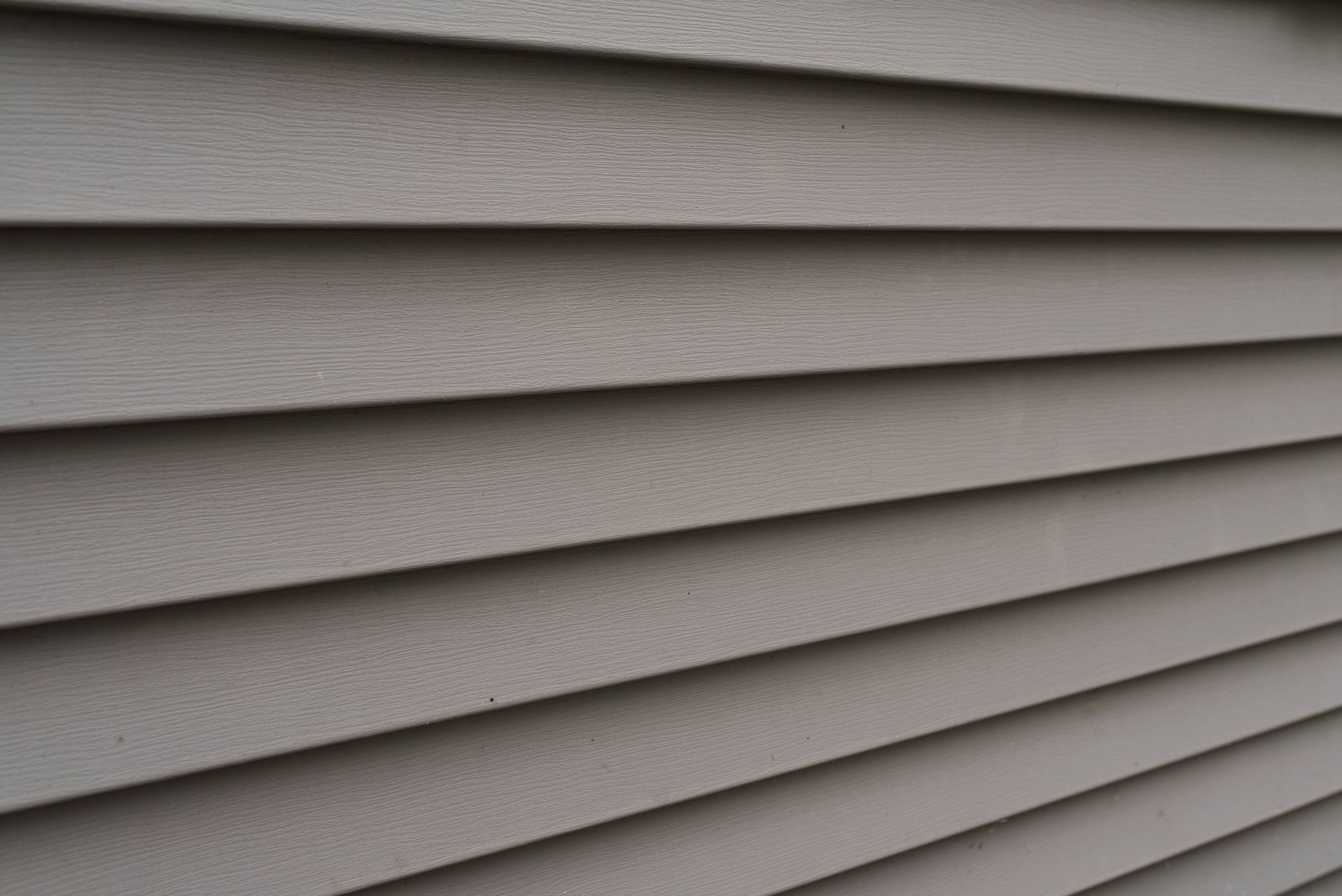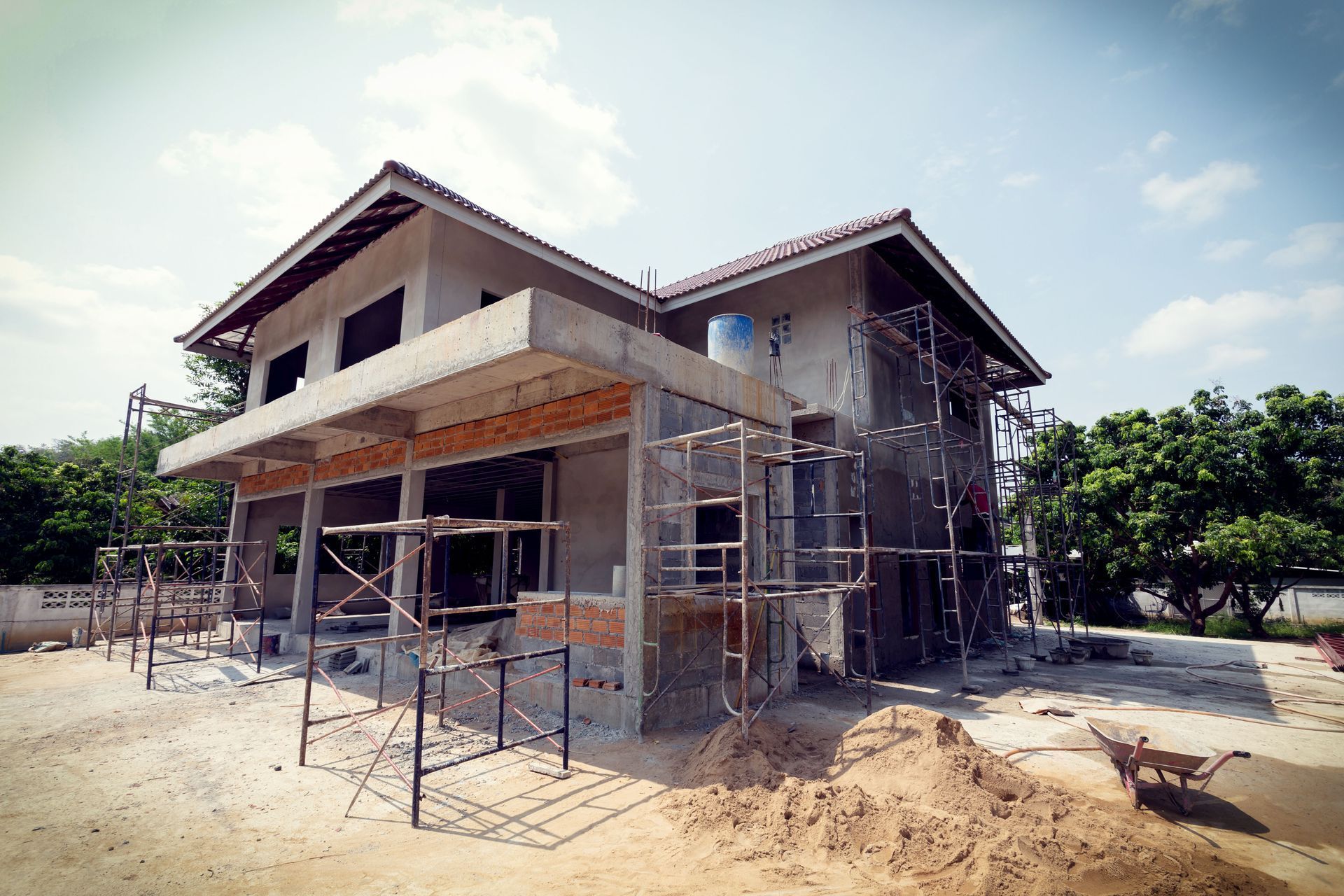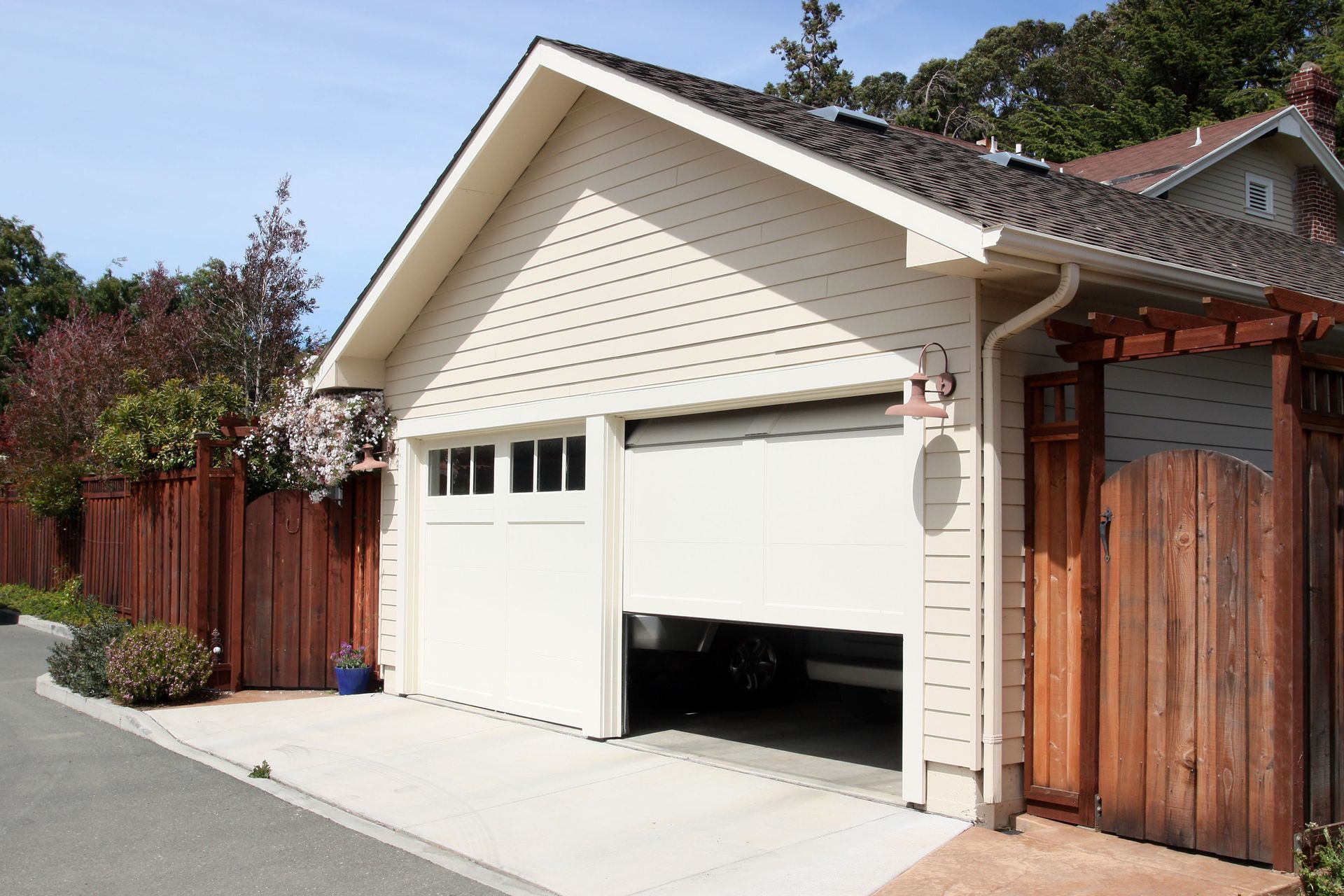The Environmental and Economic Benefits of Roofing Material Recycling
August 8, 2025
August 8, 2025
Highlights
- Recycling roofing materials conserves energy, reduces pollution, and preserves natural resources.
- Contamination and improper sorting can undermine roofing recycling efforts.
- Plastic and composite roofing components pose unique recycling challenges.
- Roofing material recycling supports job creation and local economic development.
- Dillman Brothers leads sustainable roofing practices throughout Urbana, IL.
Environmental Benefits Of Roofing Material Recycling
Roofing companies like Dillman Brothers in Urbana, IL are embracing recycling programs to help reduce environmental impact. Asphalt shingles, metal panels, and underlayment materials often end up in landfills after roof replacements. However, recycling these materials reduces the need for mining and manufacturing new ones, conserving energy and minimizing greenhouse gas emissions. According to the U.S. Environmental Protection Agency (EPA) , recycling just one ton of paper can save 17 trees and 7,000 gallons of water—similar benefits apply when reducing construction waste. By recycling roofing debris, Dillman Brothers helps promote cleaner air and water throughout the community.Energy And Resource Conservation In Roofing
Recycling asphalt shingles and metal from roof replacements saves substantial amounts of energy. Creating new metal roofing from raw ore consumes far more energy than using recycled metal. For example, producing recycled aluminum takes 95% less energy compared to extracting it from bauxite ore. In Urbana, IL, Dillman Brothers contributes to energy conservation by sorting and recycling roofing waste at designated facilities. This practice reduces the environmental costs associated with manufacturing new construction materials and supports a more sustainable building industry.Limitations Of Current Roofing Recycling Systems
While roofing recycling offers many benefits, challenges remain. Contamination—such as leftover nails, tar paper, or wet insulation—can make materials harder to process. In some cases, entire loads are rejected due to improper sorting. According to the Natural Resources Defense Council (NRDC) , about 25% of items placed in recycling bins are not recyclable and often go to landfills. Dillman Brothers addresses this issue through proper waste separation and staff training. They also educate homeowners on what can be reused or recycled after a roofing project to maximize program success in Urbana, IL.FAQs
Economic Impact Of Recycling Roofing Materials
Recycling roofing materials also bolsters the local economy. It creates jobs across multiple sectors, from hauling and sorting to manufacturing new products. The EPA’s Recycling Economic Information (REI) Report notes that recycling supports over 680,000 U.S. jobs and generates $5.5 billion in tax revenue annually. Urbana, IL benefits when companies like Dillman Brothers hire local crews and partner with recycling centers, fueling economic development while reducing environmental strain. This dual benefit helps keep money and materials circulating within the community.Reduce And Reuse In Roofing Projects
While recycling is crucial, reducing waste at the source is even more effective. Dillman Brothers encourages customers to choose long-lasting roofing systems that reduce replacement frequency. Using durable materials like metal or composite shingles can extend a roof’s lifespan by decades. Additionally, salvaging functional components such as flashing or tile can reduce landfill impact. By promoting material reuse and thoughtful product selection, Dillman Brothers helps Urbana homeowners minimize their environmental footprint.Plastic And Composite Challenges In Roofing
Some modern roofing products—like synthetic underlayments and plastic-based flashing—are difficult to recycle. These items may contain mixed materials or resins that local facilities cannot process. According to National Geographic , only 9% of all plastic waste has ever been effectively recycled. Dillman Brothers navigates these limitations by sourcing recyclable alternatives when available and minimizing the use of single-use materials during installations. Urbana, IL residents can contribute by selecting eco-conscious roofing products and asking contractors about end-of-life disposal plans.FAQs
The Role Of Community Participation In Roofing Waste Reduction
Successful roofing recycling programs depend on informed and active participation. Dillman Brothers involves clients in the process by explaining recycling procedures before the job begins. Clear communication about what materials can be reused or recycled ensures proper disposal. Educational outreach throughout Urbana, IL—such as signage at job sites or social media tips—further enhances public awareness. When residents understand their role in reducing construction waste, the collective impact grows stronger and more effective.
Future Innovations In Roofing Recycling
Technology continues to enhance how roofing waste is processed. AI-powered sorting, infrared scanning, and mobile recycling units are improving efficiency across the industry. Chemical recycling methods also show promise for complex materials like bitumen or rubber membranes. Dillman Brothers stays informed on these innovations and advocates for their integration within Urbana’s waste management framework. As recycling infrastructure evolves, roofing companies will play an increasingly important role in shaping responsible, high-tech disposal methods.The Role Of Schools In Roofing Sustainability Awareness
Schools are crucial to long-term sustainability efforts, including proper roofing waste management. Dillman Brothers participates in educational initiatives throughout Urbana, IL by speaking at local events, distributing materials, and partnering with student groups. Programs that teach children about building materials, recycling, and climate impact foster a culture of responsibility. These early lessons often influence household behaviors, encouraging families to choose eco-friendly contractors and prioritize sustainable home improvements.The Long-Term Value Of Sustainable Roofing Practices
Recycling alone won’t solve all waste issues, but it’s a critical step in a comprehensive sustainability plan. When paired with reducing consumption and reusing viable materials, recycling roofing waste can preserve resources, reduce energy use, and generate economic growth. Dillman Brothers exemplifies this by offering green roofing options, maintaining clean job sites, and sorting materials responsibly. Their efforts not only keep Urbana, IL cleaner—they also inspire a new standard in local roofing practices. Community collaboration makes a measurable difference when it comes to protecting the planet for future generations.FAQs
By weaving
recycling practices
into every roofing project, Dillman Brothers helps build a stronger, greener Urbana, IL. The choices made today will echo for decades. Together, homeowners, contractors, and the community can protect the environment—one rooftop at a time. Recycling roofing materials not only reduces landfill waste but also conserves valuable natural resources. Every step toward sustainability, no matter how small, contributes to a healthier planet for future generations. With continued community engagement and responsible construction practices, Urbana can serve as a model for environmentally conscious development.


November 11, 2025
Highlights: Homes in humid or rainy climates demand siding that resists moisture, mold, rot, and warping. Materials like fiber cement and high-quality vinyl stand out for durability and low maintenance. Proper installation and ventilation matter just as much as material choice. Dillman Brothers serves homeowners in Champaign, IL and can guide local siding decisions. Selecting the right siding for Champaign, IL’s conditions helps protect your investment and improve performance. What Climate-Challenges Siding Faces in Humid or Rainy Regions In a region like Champaign, IL where humidity and rain occur regularly, siding faces more than just aesthetic stress: moisture intrusion, mold growth, rot, and warping become real risks. According to Kebony , excess dampness or trapped moisture can quickly damage insulation, weaken wood framing, and create mold inside the home. Homes in wetter and more humid climates require siding systems that manage moisture rather than simply look attractive. That’s why when Dillman Brothers works with homeowners in Champaign, IL, they emphasize materials chosen for water resistance, drainage, ventilation, and proper installation.












